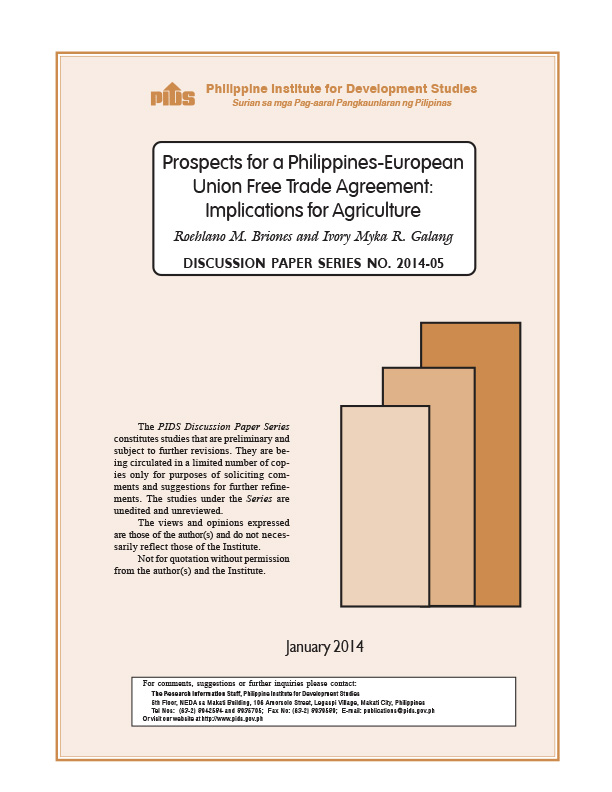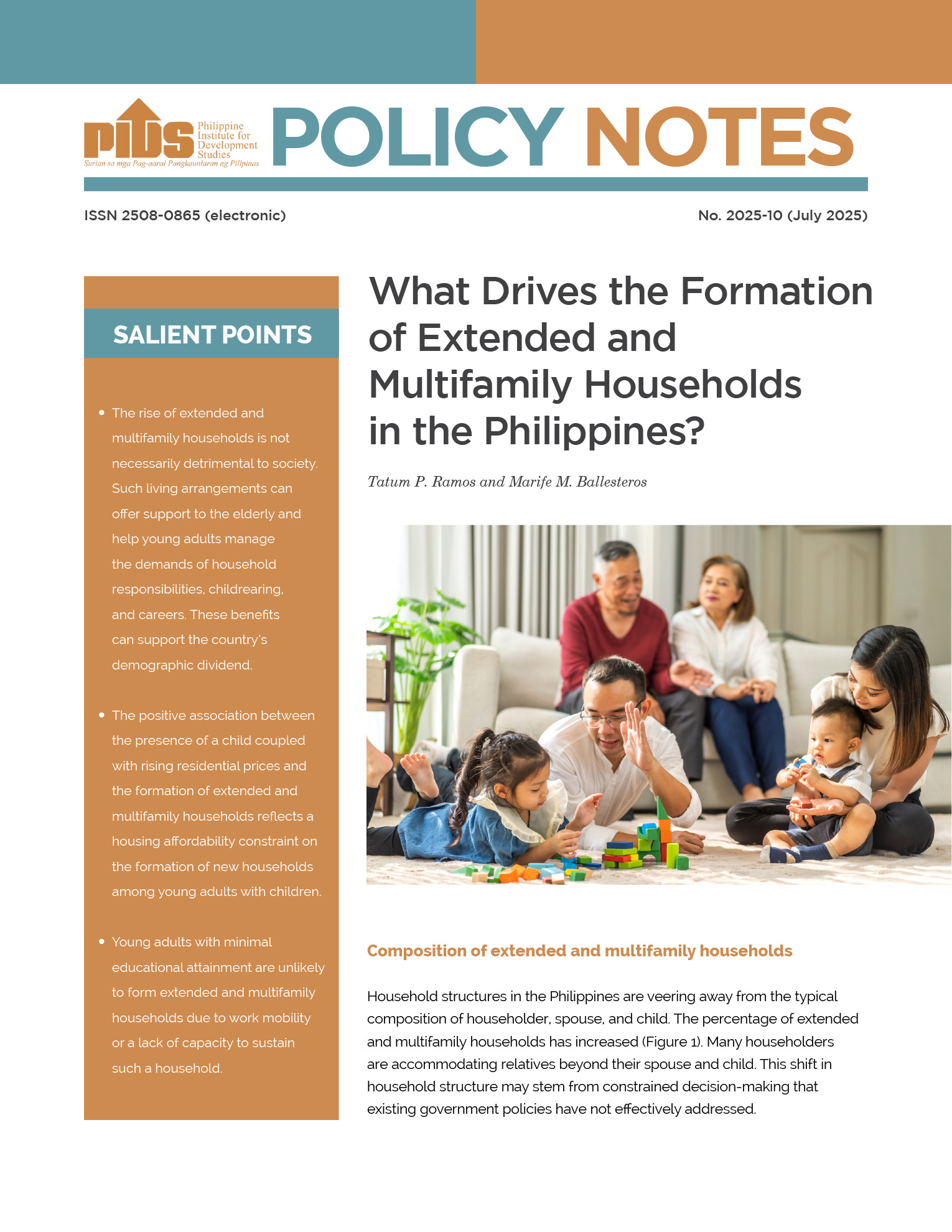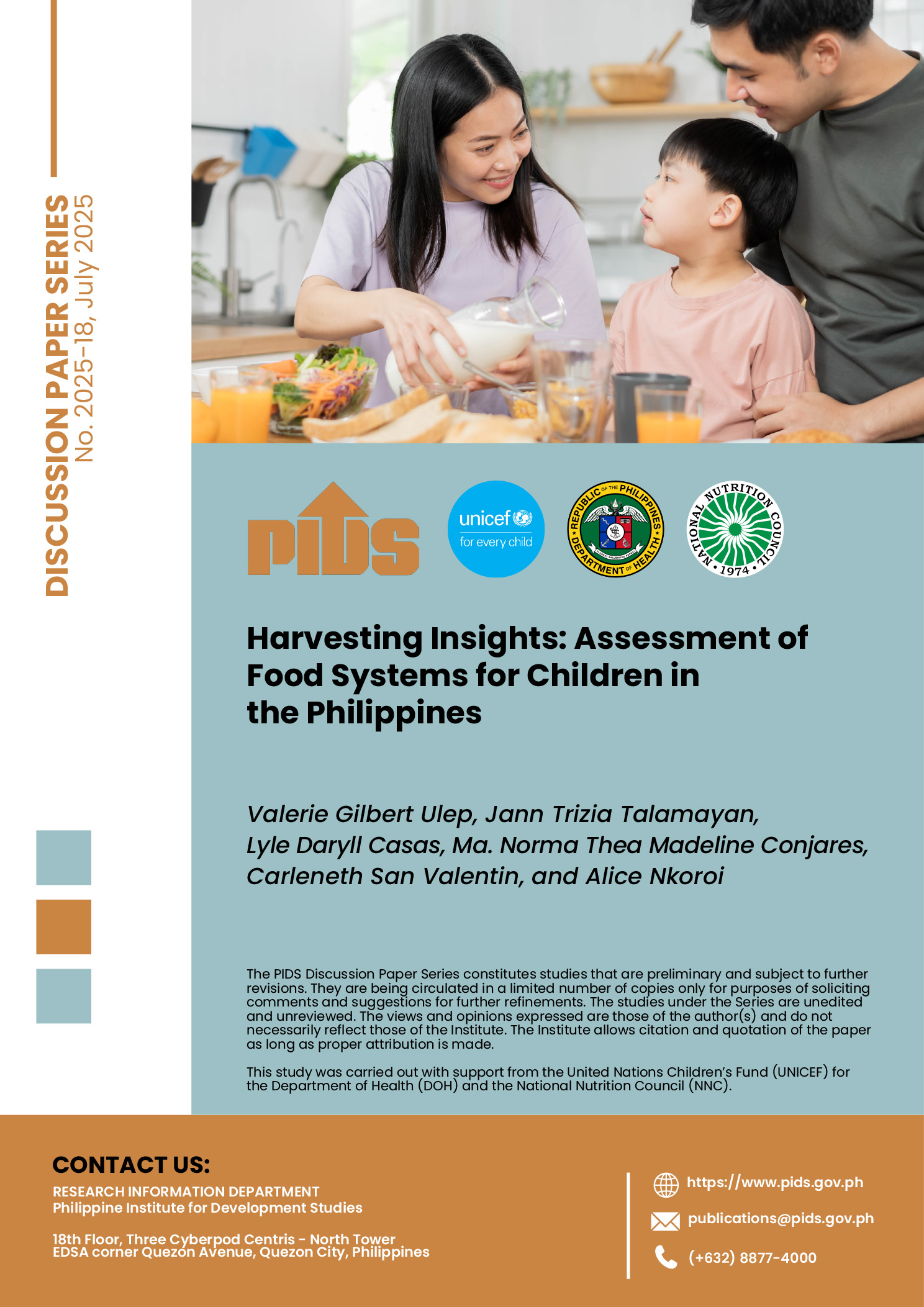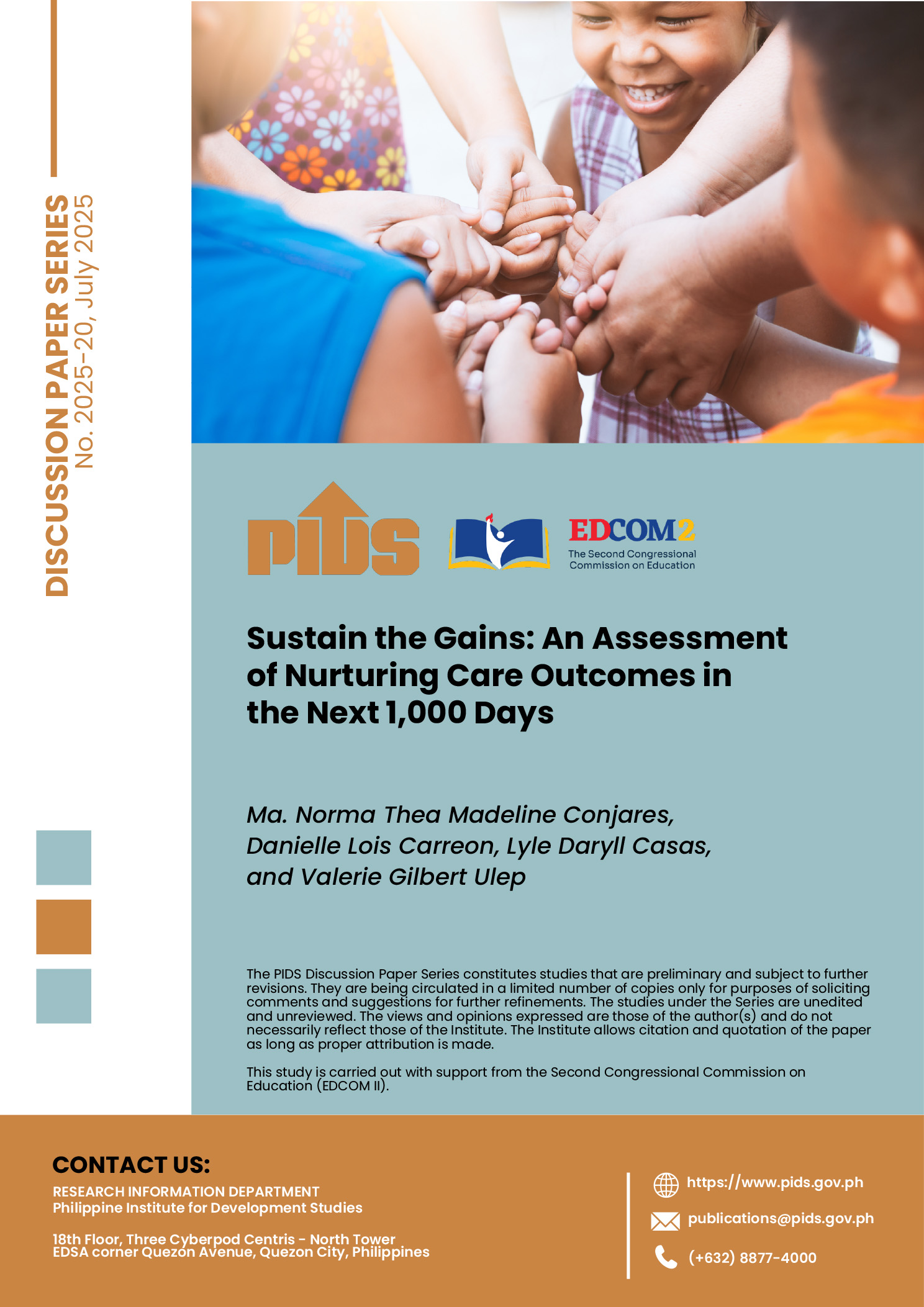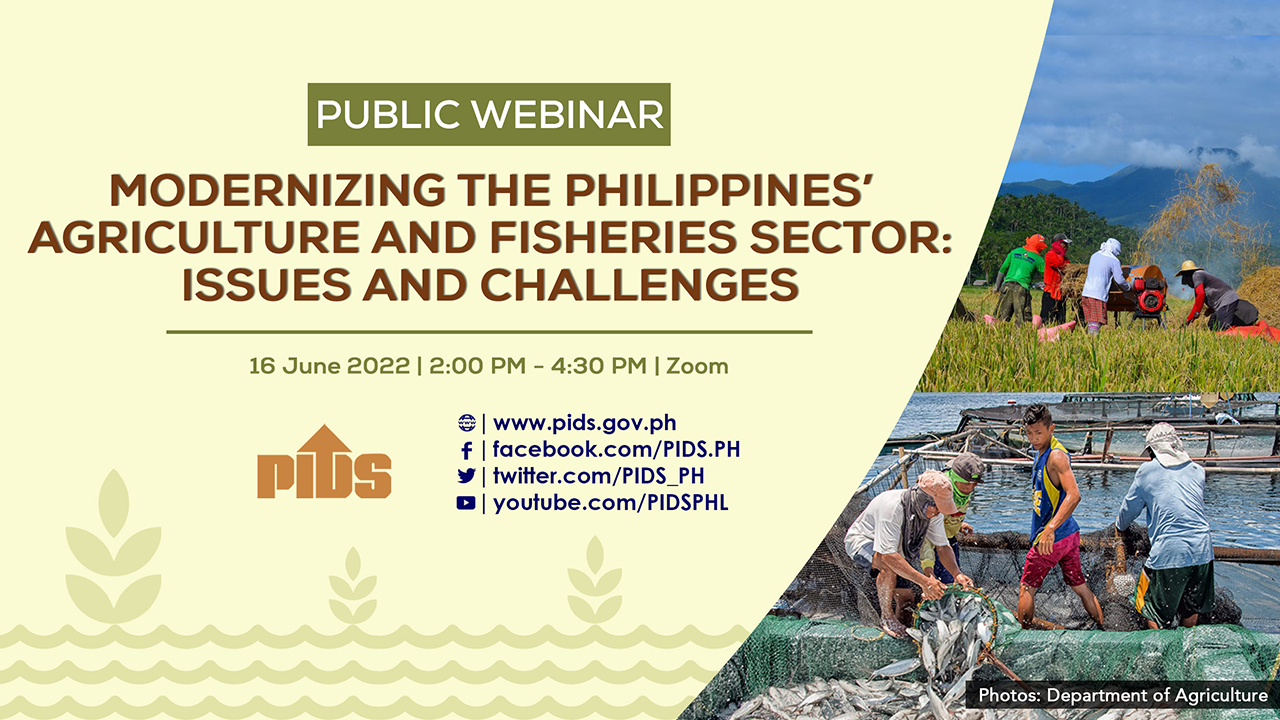This study examines the impact of a potential Philippines-European Union (EU) free trade agreement (FTA) on the agricultural sector. Static analysis indicates that potential gains to the agricultural sector of the Philippines are limited, primarily owing to the low size of initial agricultural trade with EU (compared to other trading partners), as well as moderate to low tariff and other trade barriers to EU products entering the country. CGE analysis confirms that the overall impact of bilateral tariff elimination leads to an overall increase in agricultural output, accompanied by a decline in price; hence, there is an increase in consumption of agricultural products. Impact on poverty is likewise positive, with improvements biased to the poorer households. By subsector, the largest output gains are projected for seaweeds and sugarcane, with 0.80 percent and 0.50 percent, respectively; increased access on EU markets are favorable for Filipino exporters of seaweeds, other fiber crops, tobacco leaf, forestry, ornamental plants, raw coffee, abaca, and cocoa. Meanwhile, the subsectors that are on the losing side (as shown by declining output) are cattle, raw rubber, chicken, and hogs.
Fears about the negative repercussions of a Philippines-EU FTA on the poor turn out to be unfounded. Poverty incidence declines, and more so in rural than in urban areas. The greater decrease in poverty gap and squared poverty gap, compared with poverty incidence, implies that those who belong to households below the poverty threshold get the most benefits. It would seem that expectations of large benefits from a Philippines-EU FTA will not be found in agriculture, but elsewhere. Conversely, the agricultural sector does not face significant harm from a Philippines-EU FTA, even one involving sensitive products. Relaxation of trade barriers to EU even for sensitive products is warranted; not only would consumers gain (though minimally), but such a negotiation stance may serve as a powerful bargaining chip for gaining concessions on other areas.

